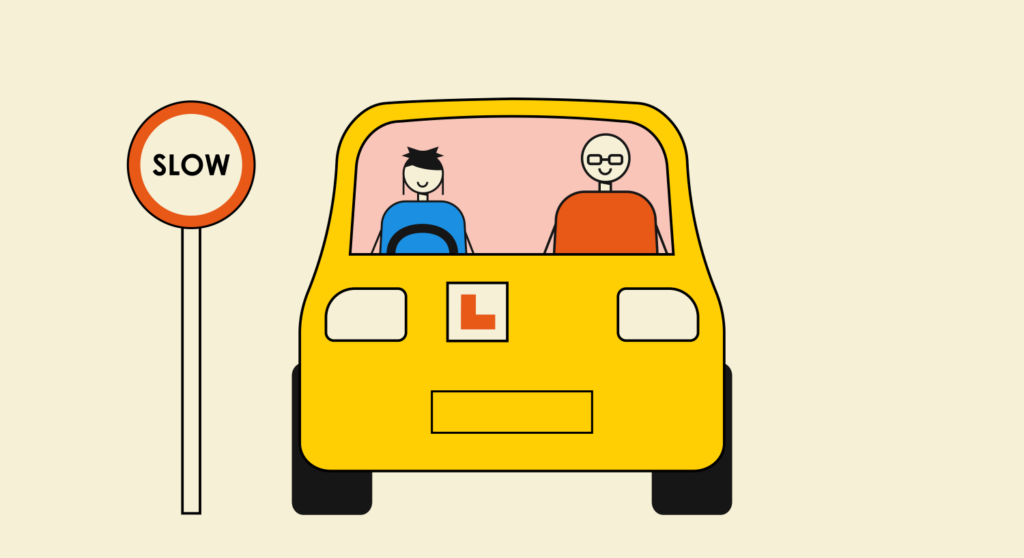Who can supervise a learner, when, with what insurance and under what conditions? These are important topics to address – for parents, friends and learner drivers alike.
This guide will answer many of the questions people ask about this subject and offers advice for anyone learning to drive as well as their supervisors.
Learner driver supervisor rules: who can sit with a learner?
The UK government’s legal requirements state that supervising drivers:
- are over 21 years old
- have held a full driving licence for a minimum of three years for the type of vehicle they are supervising in (e.g. manual or automatic cars)
- ensure the car displays L plates
- ensure that the car is safe and in road-legal condition
- meet the minimum eyesight standards
How old do you have to be to drive in the UK?
You have to be 17 years old before you can learn how to drive. However, you can apply for a provisional licence when you’re 15 years and nine months old. The rules are slightly different in Northern Ireland, in which you can apply for a provisional licence two months before your 17th birthday.
Does the person supervising a learner driver need to be insured?
Yes. Supervisors must be ready to take over the driving at any time. As a supervisor, it’s your responsibility to make sure you’ve got a car insurance policy that covers you in the event you need to take control of the wheel. The type of cover you need will depend on the car the learner is using to practise.
If the learner wants to practise in their own car, they should take out their own learner driver insurance policy and add you as a named driver. If the provisional licence driver will be using your car to practise in, they should be added as a named driver to your policy or take out a separate learner driver insurance policy.
Some insurance policies will have specific requirements, such as the supervisor being at least 25 years old or having no driving convictions within the past three years. Always make sure you read the small print.
How much does it cost to add a learner driver to my insurance?
You might find that it’s fairly inexpensive to add a learner driver to your insurance as a named driver, but this could jeopardise your no claims bonus should the learner need to make a claim on your insurance. This can, in turn, make your insurance more expensive in the long run.
As a result, it can be more cost-effective for the learner driver to take out a separate insurance policy in their name.
“Being a supervisor demands you think, observe and react like a driver.”
Supervisors: are you up to the task?
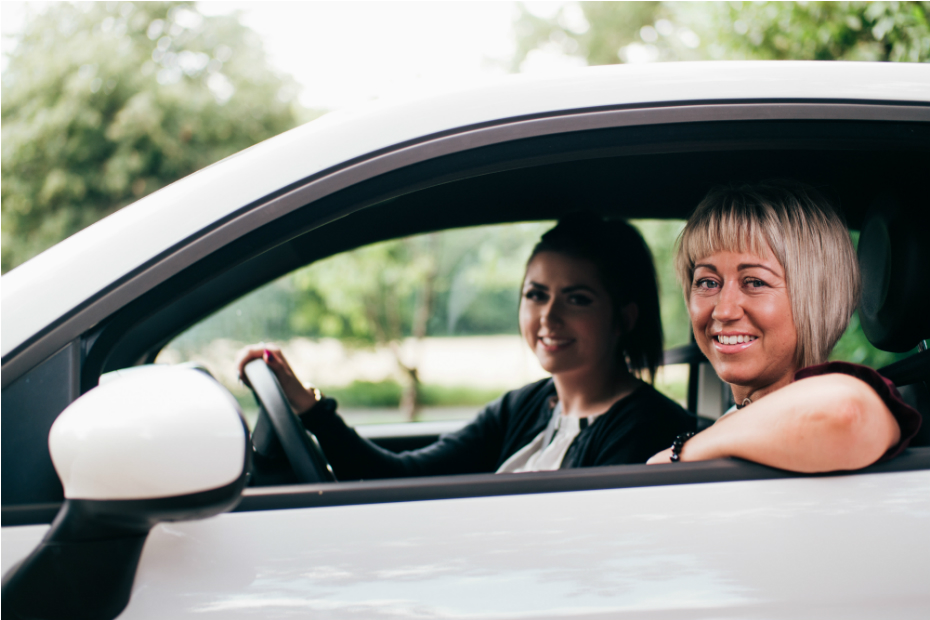
As a supervisor it is important to consider whether you feel capable of supervising a learner driver – it’s a big responsibility.
Do you feel confident and experienced enough to supervise? Are you confident in taking responsibility for your safety and theirs? If you do not feel comfortable with the idea of supervising a learner, don’t do it.
Who is responsible for driving offences?
Penalties and fines
This is one of the first questions many supervisors ask when considering teaching someone how to drive. As supervisors are considered to be in control of the vehicle, the penalties for breaking the law are the same as if you were driving. So, as is the case with driving offences and penalties, this means you could receive a fine, points on your licence, or even be sent to prison – depending on the severity of the crime.
Power and responsibility
While driving instructors have dual controls, your friend or family member’s car won’t, so the only control over the vehicle you have is verbal, via the driver. There is an expectation that learner drivers will be aware of traffic laws before they start driving, so it is ultimately their responsibility to abide by them.
What happens if a learner driver is caught speeding in the UK?
Learner drivers are not exempt from speeding tickets and fines; they must follow the rules of the road. If a learner driver is caught speeding while under supervision, they will face a fine and points on their licence, not you. If the car they are using belongs to the supervisor, that person will get the letter. In this case, you can respond and nominate the learner as the person driving at the time of the offence.
If a learner driver crashes or gets into an accident, who is responsible?
The person behind the wheel is responsible in the event of an accident – in most circumstances. However, if a supervisor is deemed not to be in control of the vehicle (for example if they are intoxicated) they could also be penalised.
Learner drivers have the same duty of care as other drivers on the road. If a learner driver crashes, they are responsible for the incident. However, if the supervisor is not in a fit position to take control of the vehicle, they can also be penalised.
Parking tickets and fines
The issue of who gets a parking ticket can depend on a number of factors including where the vehicle was parked and what type of ticket you get. As parking tickets do not put points on anybody’s licence it may be best to discuss the penalty to decide who pays – or whether you share the fine.
Top tips for supervisors
- Remind yourself of the Highway Code
- Explain to the learner drivers the basics of how a car works
- Set a good example by cutting out your own bad driving habits
- Ensure you know what stage of learning the learner driver is at beforehand
- Get an extra suction mirror you can use as a rearview mirror to have a better view
Just before supervising a learner
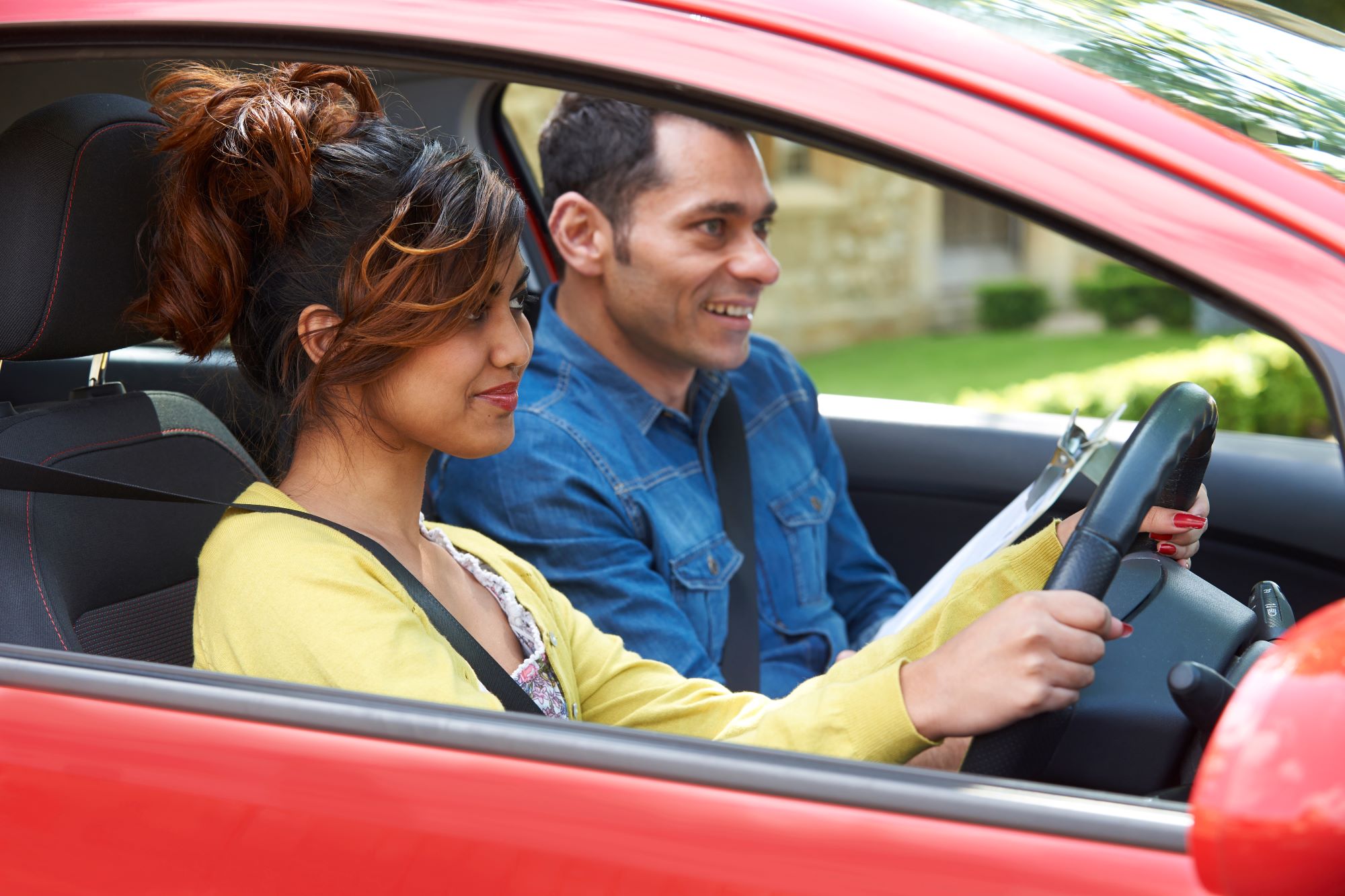
- Plan your route
- Talk to the learner’s instructor on their progress
- Sit in on a lesson
- Examine the car to ensure it’s safe and legal to drive
- Plan a mock test
While you’re supervising the learner
- Keep calm to help your learner feel comfortable at the wheel
- Stay alert and responsive
- Take a break if you or your learner needs to
- Give specific feedback to avoid confusion
- “Watch out!” isn’t as useful to the learner as “brake now” or “steer left”. Similarly, saying things like “go ahead and stop” or “drive slowly” could only confuse a learner – instead, opt for “stop at this junction” or “drive at 20mph”.
- Be empathetic
- Look ahead to prepare for future hazards
Vehicle safety
It’s a good idea to check the vehicle over before you start your journey. as a supervisor, you’re advised to ask the learner to check the tyres, lights, mirrors, windows and fluids while you watch. This can help to create good habits and be good practice for the ‘show me, tell me’ part of the driving test.
Displaying L plates
These are the rules that apply to L plates on the car:
- L plates must be clearly on display at any time the learner is in control
- They must be clearly visible to other vehicles from the front and back (i.e. two plates)
- They must not restrict vision (not affixed to windows)
Important note: Failure to display L plates appropriately could result in six penalty points on the learner’s licence.
If you are a learner driver or supervising a learner driver and need car insurance, then give us a call today on 0800 369 8590 or book a callback.
Supervising: what’s the big deal?

By choosing to supervise a learner driver, you are taking responsibility for them and the vehicle. This not only means you have to keep them safe but also protect others on the road from the car you’re in. Did you know that:
- It is illegal to use your mobile phone when supervising a learner driver
- You must wear your glasses (if you’d be required to wear them while driving) while supervising
- It’s against the law to fall asleep while supervising a learner driver
- You are not allowed to drink alcohol when supervising
There may be some rules even you have forgotten, so it’s best to revise the Highway Code before you take someone out on the road!
On average it takes around 45 hours of driving lessons combined with another 22 hours of additional practice to pass a driving test.
Formal driving lessons in the UK with a professional instructor form the core of a learner’s path to passing, but friends and family can also play an important role. By supervising learners out on the roads, friends and family can help them get more practice – from simple driving to going through specific manoeuvres.
As well as the practice and time behind the wheel, supervision by friends and family is a cheap or free way to improve driving skills. Also, data shows that the more time a person spends being taught to drive, the safer they are once they’ve passed their test.
It is important not only for the supervisor to check they are able to supervise, but the learner – as the person behind the wheel – shares the responsibility. Learners caught driving without the right supervision may be fined up to £1,000 and get up to six penalty points on their licence.
Tips for learner drivers
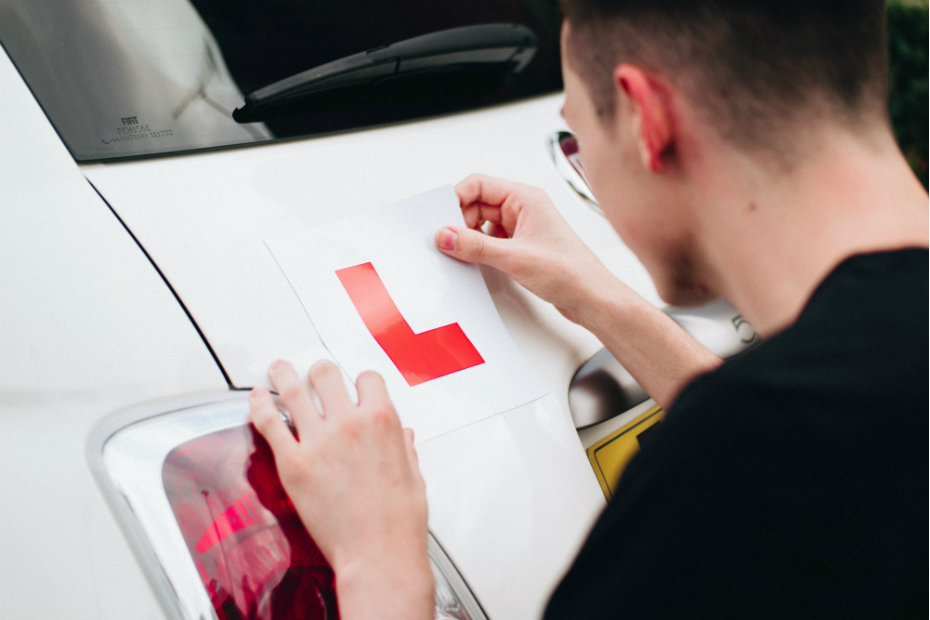
- Remember, your supervisor is not a driving instructor. They won’t communicate with you in the same way as your driving instructor speaks to you.
- Be patient: most drivers aren’t used to being responsible for driving a car without being behind the wheel. Many supervisors can be overly critical as they get used to not being in control. Just communicate calmly and patiently and you’ll both get the most from the experience.
- They don’t have control: your supervisor doesn’t have dual controls like your instructor’s car. The car and any passengers are your responsibility.
- Listen: while your supervisor’s advice, guidance and feedback may not be up to the technical level of your instructor, their experience is valuable, so take it in the way in which it is meant: helpful advice.
- Problems: if your supervisor tells you to do something that you think is wrong, try to calmly discuss it, pulling over safely if necessary. If you cannot agree, it is a great opportunity to ask your instructor for their guidance.
FAQs
Can a supervisor have points on their licence?
Yes, you can have points on their licence and still supervise a learner (assuming you meet the other legal requirements). Note that there might be some insurance restrictions for supervisors with points on their licence wanting to supervise a learner. It’s always best to figure this out ahead of time. As a convicted car insurance specialist, we might be able to help.
Can you supervise a learner driver after drinking?
It’s surprising how many people Google: ‘Can you drink while supervising a learner driver?’ The short answer is ‘no’, you can’t. So, if you have agreed to supervise someone, make sure you haven’t been drinking and that you remain sober.
It really goes without saying that you cannot take drugs and supervise someone. This includes any prescription medication that prohibits you from driving.
A good guide is: would the supervisor be allowed to drive this vehicle at this moment in time? If the answer is yes, then they are allowed to supervise a learner driver.
Can I use a mobile phone while supervising a learner driver?
No. As the supervisor is deemed to be in control of the vehicle, the rules around mobile phone usage also apply to anyone supervising a learner.
Can a supervisor be paid for supervising?
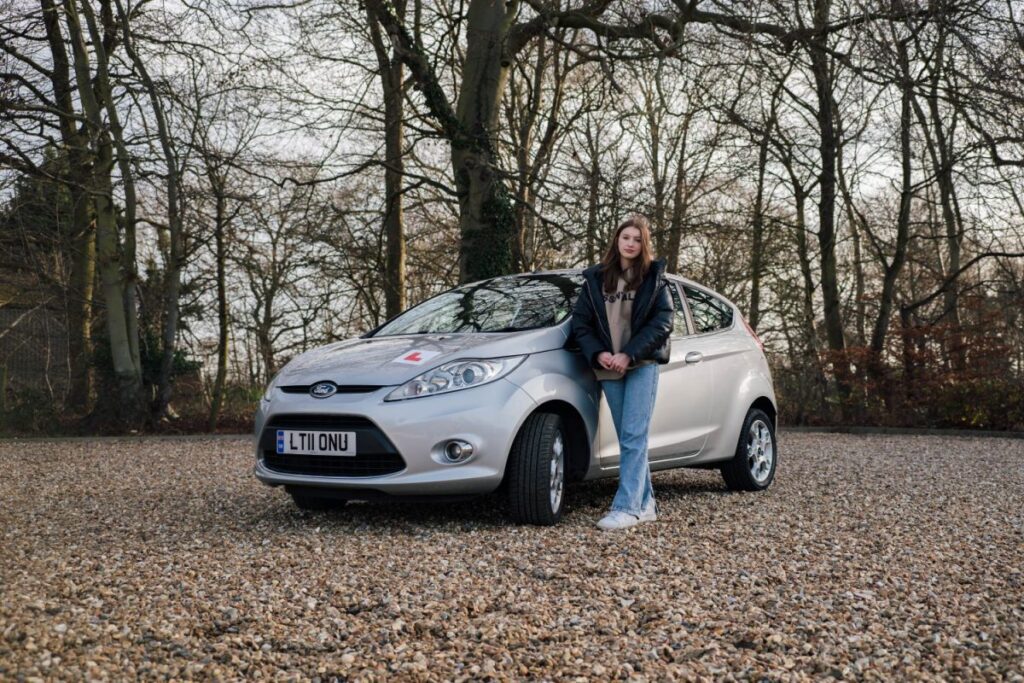
No. You may not receive any payment for supervising a learner driver unless you are a Driving Standards Agency-approved driving instructor.
Can a learner driver carry passengers in the UK?
Yes, learner drivers can carry as many passengers as the vehicle can legally hold, so long as this includes a suitable supervisor.
Whether you would want to carry passengers while learning to drive is another question, as most learners find it difficult to concentrate when there are other people in the car.
Can supervision happen at night?
Yes, as long as all of the other criteria detailed on this page are met.
When supervising a learner driver, do you have to sit in the front?
Yes, the government website states that you must sit in the front of the car in order to supervise a learner driver. This is so you have ready access to the wheel, gear stick or handbrake. If you are not capable of taking control of the vehicle in an emergency, you may find yourself liable to prosecution.
Can you supervise a learner driver from the back seat?
No. Doing so would not allow you to take over the driving at any time. Siting in the front of the car is one of the rules you must follow when supervising a learner driver.
Can a named driver teach a learner?
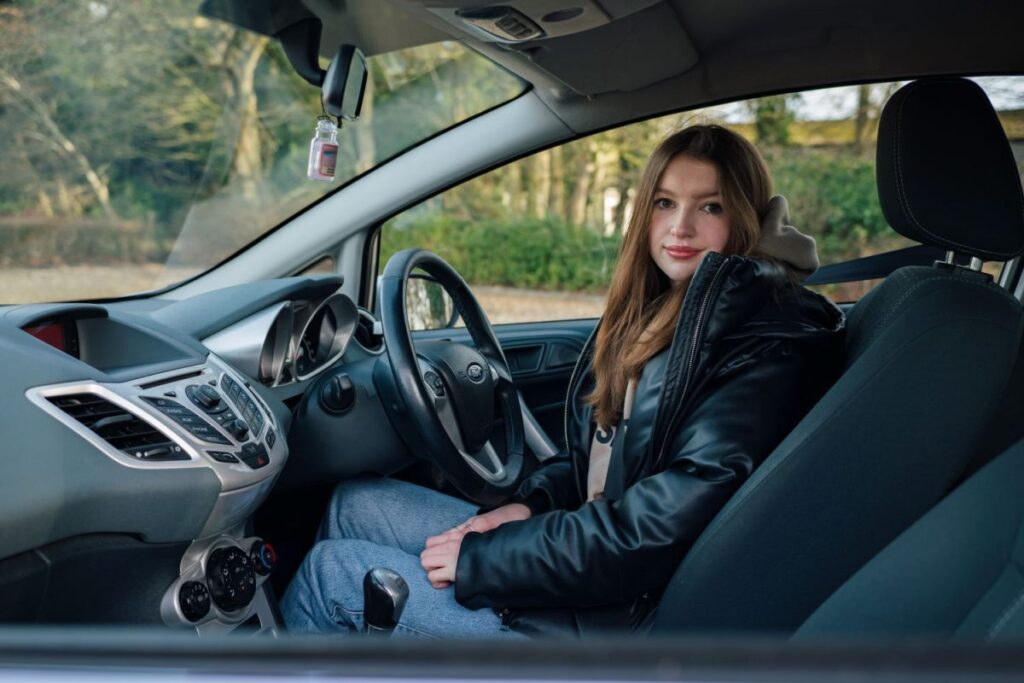
Yes, as long as you meet the criteria required to supervise a learner driver, it doesn’t matter if you are a named driver.
Can I have a nap in the car while supervising a learner driver?
No, sleeping while supervising is prohibited.
Do supervising drivers need to wear glasses or contact lenses?
If you need to wear glasses or contact lenses to drive, you also need to wear them while supervising a learner. You must meet the minimum eyesight standard required for driving: able to read an old-style number plate from a distance of 20.5 metres and a new style number plate from a distance of 20 metres in good light.
Can a banned driver supervise a learner?
No, you must hold a full, valid driving licence to supervise a learner driver.
Can I supervise a learner driver with a broken leg?
As long as you’re able to maintain full control of the vehicle should you take over driving, you can still supervise the learner. However, if you don’t think you’d be able to take over control of the vehicle with a broken leg, you should wait until the injury is healed before accompanying a learner on a practise session.
What happens if a learner driver is caught without supervision?
It is against the law for a learner to drive without supervision. If caught, you could face a fine, penalty points on your licence, and even a driving ban.
What’s the minimum age you have to be to supervise a learner driver?
Supervisors must be at least 21 years of old. However, note that many insurance companies will only offer learner driver insurance if the supervising driving is over 25.
Can a learner driver get points on their licence?
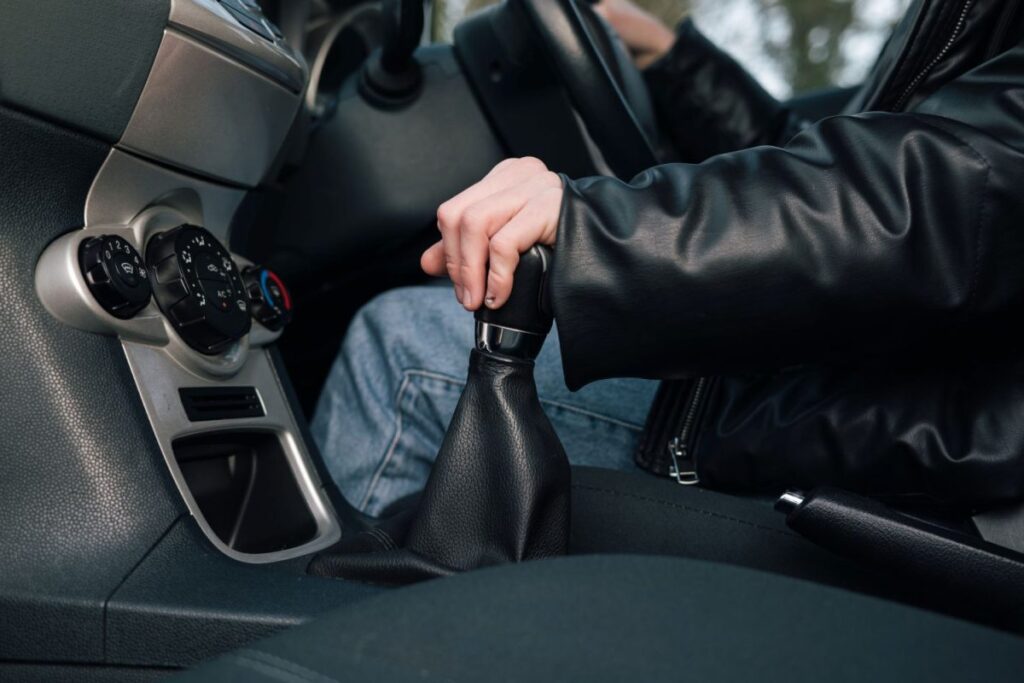
Yes, just like licence holders, learner drivers can also get points on their licence if they break the law. You can receive up to 11 points on your licence and still take your driving test. If you receive 12 points on your licence within three years as a learner driver, you’ll have to go to court and you’ll likely have your provisional licence revoked.
Any points that haven’t expired will be transferred over to your full licence when you pass. Be careful though: if you accumulate six or more points in the first two years of passing your test, you’ll likely have your licence revoked and will have to go through the process of learning to drive again.
Can learner drivers listen to the radio?
There are no laws against listening to the radio, however, some learner drivers might find this distracting, especially if they’ve just started learning to drive.
Who can sit with a learner driver in Ireland?
This differs depending on if you live in Northern Ireland or the Republic of Ireland.
Northern Ireland
For those living in Northern Ireland, you’ll need to be at least 21 years old and you should have had a full driver’s licence for at least three years. This driver’s licence should be from Northern Ireland, Great Britain or an EU country. You can learn more about the rules on NI Direct, which is the official Northern Irish government’s website.
Republic of Ireland
For those living in the Republic of Ireland, the rules are slightly different. You must have had a full driver’s licence for at least two years if you want to accompany a learner driver while they practise driving. You can learn more about the rules and requirements for learner drivers on the Republic of Ireland’s official government website, Citizen’s Information.
Can learner drivers drive on motorways in Northern Ireland?
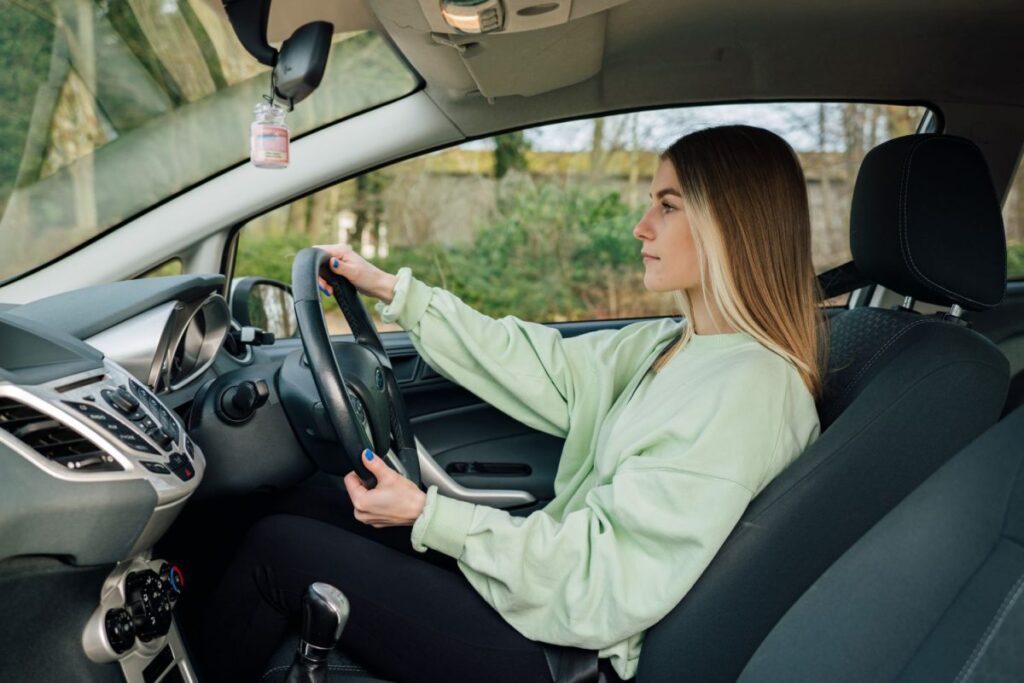
Whilst learner drivers in the rest of the UK can drive on the motorway, those in Northern Ireland are not currently allowed to do so. However, there are talks that this will change in the future.
Can you get insurance for learner drivers on a parents’ car in Northern Ireland?
Yes, you can get insurance for a learner even when using a parents’ car. We offer insurance to Northern Ireland residents. Call us for a quote.
Can learner drivers drive unaccompanied in Northern Ireland?
No, you must pass your theory and driving test before being able to drive unaccompanied in Northern Ireland.
Can you get car insurance for learner drivers with their own car in Northern Ireland?
Yes, a learner driver can get car insurance for their own car in Northern Ireland. With Adrian Flux, you can get short-term learner insurance so you’re covered for the length of time it takes for you to pass your test.
Can learner drivers drive on dual carriageways in Ireland?
Learners in Northern Ireland can drive on dual carriageways, but they aren’t permitted to drive faster than 45mph.
How do you renew a learner driver’s licence in NI?
You can renew your provisional driver’s licence on the NIDirect website.
